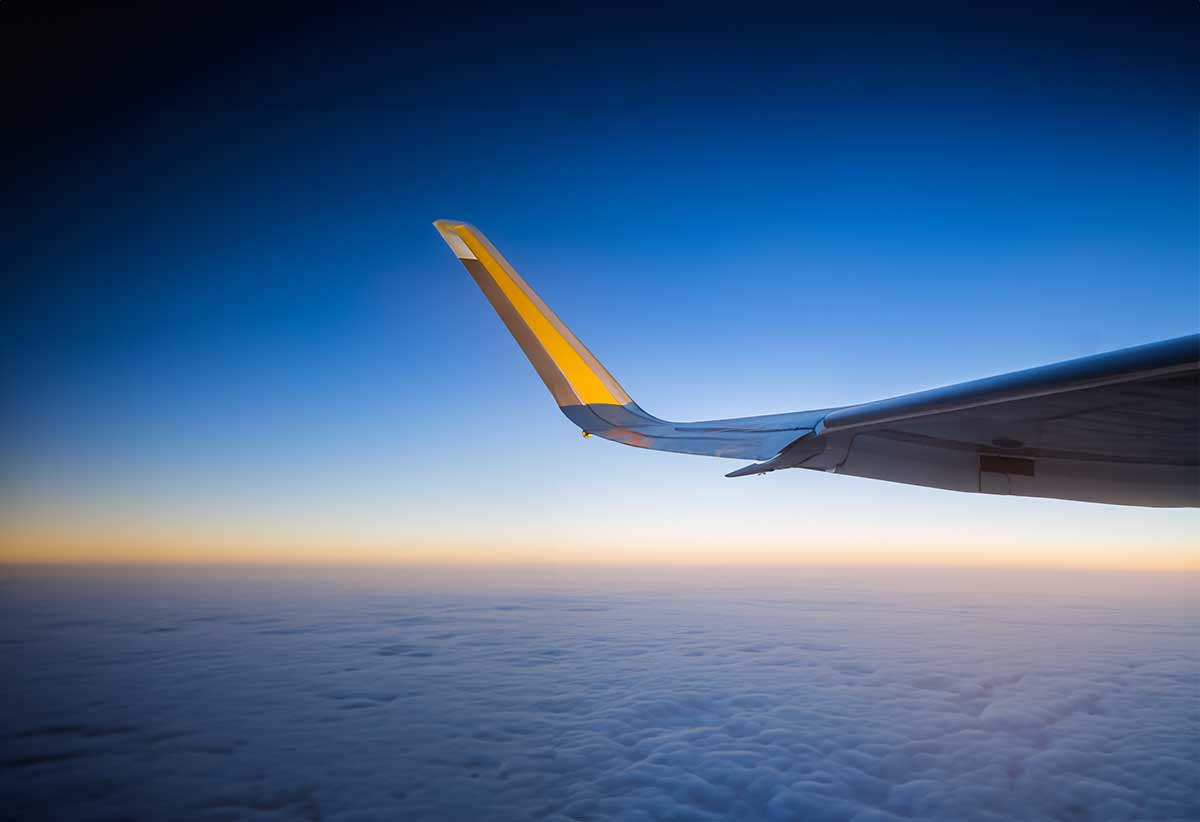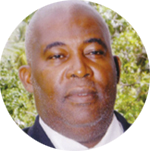

THE Caribbean Community and Common Market (CARICOM) was established by the Treaty of Chaguaramas and came into effect on August 1, 1973. One of the objectives of the community, is to promote intraregional travel within the states. But it is now being reported that regional travel is now down to 30% from 75%.
Indeed, COVID-19 has been blamed for the mass reduction in travel within the Caribbean Community. But I am convinced that the high cost of travel within CARICOM is the principal impediment to travel.
Recently, I have been making plans to visit Martinique for medical care. Now Martinique is a mere 40 miles from St. Lucia. On a bright, sunny day, depending on your look-out point, Martinique can be seen clearly across the ‘miles’.
I went to a local travel agent to book a flight to Martinique. The intention was to travel to Martinique in the early morning and return in the afternoon or evening. I was told by the attendant that the airline ticket is $1,300.
Now that was the amount I paid to travel to New York City not too long ago. Since many of my children and grandchildren lived in New York, I went there every year from 2005 to 2012. Indeed, that was the amount that I paid for a two-way fare.
Now my deceased mother was hospitalized in Martinique on two separate occasions, and I travelled to Martinique from St. Lucia to visit her about three or four times for the week, and the amount I paid in air fares was a little over $300 per visit or trip. Of course, the time difference is about 23 years but that should not be a reason for airfares to our Caribbean neighbour to be so ridiculously high.
I have not tried to find out the fares to Bahamas in the northern region and Suriname in the Southern region.
Now Martinique is an Associate member of CARICOM and is allowed to attend Heads of Government meetings and participate in the CARICOM’s deliberations/meetings.
Leaders of Member States of CARICOM shape its policies and priorities. They meet twice yearly to discuss issues affecting the Community and the wider world at the conferences of Heads of Government. And I think it is time now for Heads of Government to deal with the issue of air travel within CARICOM states or Associate members. I am going further to state that the heads should deal with the matter as a matter of priority.
I insist, and many St. Lucians will agree, that the cost of travel, particularly within the CARICOM is extremely high.
I have identified Martinique because the island is our nearest neighbour. But I expect the Heads of Government of CARICOM to investigate and dealt with travel, particularly air travel, within CARICOM.
Article 45 of the Revised Treaty of Chaguaramas declares that “Member States commit themselves to the goal of free movement of their nationals within the community.”
The agreement is divided into two parts (a) The Free Movement for the purposes of engagement in gainful economic activity, and (b) Hassle-free travel/Facilitation of travel.
Now free movement for gainful economic activity within the CSME is available to wage earners, self-employed persons and to persons establishing companies and other types of business organizations.
To enforce the point, CARICOM has abolished the work permit for Caribbean nationals within CARICOM.
Indeed, CARICOM nationals who are eligible for free movement of skills and labour are: (a) Graduates of all recognized universities in the world, (b) Artistes, (c) Musicians, (d) Sportspersons, (e) Media Workers, (f) Nurses, (g) Teachers, (h) Artisans with Caribbean Vocational Qualifications, and (i) Holders of Associate Degrees or comparable qualification.
The intention here is not to give you a lesson or lecture in Social Studies, but to highlight to you the very large number of CARICOM nationals who are eligible to move within the CARICOM region.
Now, many of these people would not be able to move within the region if the cost of travel is prohibitive. Do Caribbean Heads of Governments have to wait until the rate of travel is 5% before something is done about the cost of travel? They won’t be able to blame it on COVID.
Indeed, many of the CARICOM States have their own airlines: Jamaica has Air Jamaica; Caribbean Airlines is jointly owned by Trinidad and Tobago, Guyana and Jamaica; Air Antilles Express and Air Caraibes are owned by Martinique; then there is Antigua Airlines and Suriname Airways.
Now I have left Guyana for last because this CARICOM state ‘rules the skies’. There is Guyana Airways, Air Demerara, Trans Guyana Airways and others I have not mentioned.
The point is, these CARICOM states are making a lot of money to bolster their economies. Would it be easy to bring the governments of these CARICOM states around the table to look at the high cost of travel within CARICOM? Let’s be real!
I am adamant that what St. Lucia and the other ‘non-airline’ states should do is to bring on their own airlines. For St. Lucia, I can see an ‘Air Helen’ in the skies!
An economic principle is that when there is a glut on the market, prices go down. If all the CARICOM states have their own airline, then government will have to strike a deal in the interest of Caribbean people.





